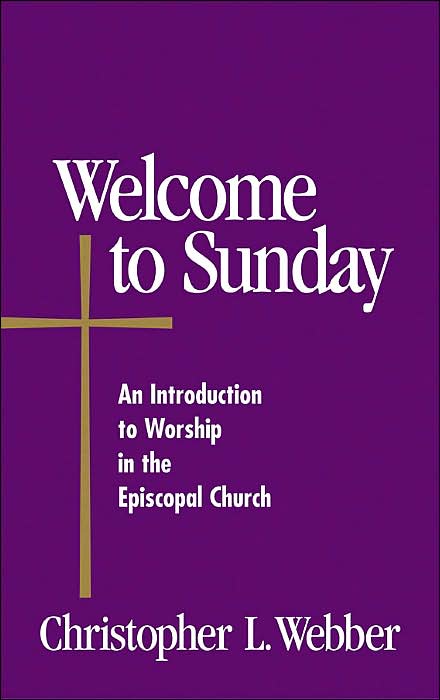How Do I Get to Heaven?
 I'm just finishing up NT Wright's latest book, The Last Word, and once again (in my humble opinion), he knocks the ball out of the park. One of the wonderful things he does in this book is to take the reader through a 'broad brush-stroke' history of how the Church has understood the authority of the Bible over the past two thousand years.
I'm just finishing up NT Wright's latest book, The Last Word, and once again (in my humble opinion), he knocks the ball out of the park. One of the wonderful things he does in this book is to take the reader through a 'broad brush-stroke' history of how the Church has understood the authority of the Bible over the past two thousand years.When he gets to the effects of the Enlightenment on our understanding of the Bible, and specifically the "Kingdom of God," Wright sums up the source of the problem which has led to so many people viewing Christianity in the way that this silly tract portrays it. I wish I could get everyone in the modern evangelical church to read the following quote and understand it:
"Much would-be Christian thought (including much would-be 'biblical' Christian thought) in the last two hundred years has tacitly conceded these huge claims [reducing the act of God in Jesus Christ to mere moral teaching and example], turning the 'Kingdom of God' into 'the hope for heaven after death' and treating Jesus' death, at the most, as the mechanism whereby individual sinners can receive forgiveness and hope for and otherworldly future--leaving the politicians and economists of the Enlightenment to take over the running, and as it turns out the ruining, of the world" (89, italics mine).
He goes on to say that the result is that "Scripture itself, meanwhile, is muzzled equally by both sides. It is squelched into silence by the 'secularists' who dismiss it as irrelevant, historically inaccurate and so on--as you would expect, since it might otherwise challenge their imperial dreams. Equally worrying, if not more so, it is squashed out of shape by many of the devout, who ignore its global, cosmic and justice-laden message and treat it only as the instrument of personal piety and the source of true doctrine about eternal salvation" (89, italics mine).
I can't believe so many of us have totally missed the point of the resurrection (God's act of saving and restoring the cosmos), and have bought into an individualistic 'sales pitch' understanding of the gospel. Any thoughts? read more





























